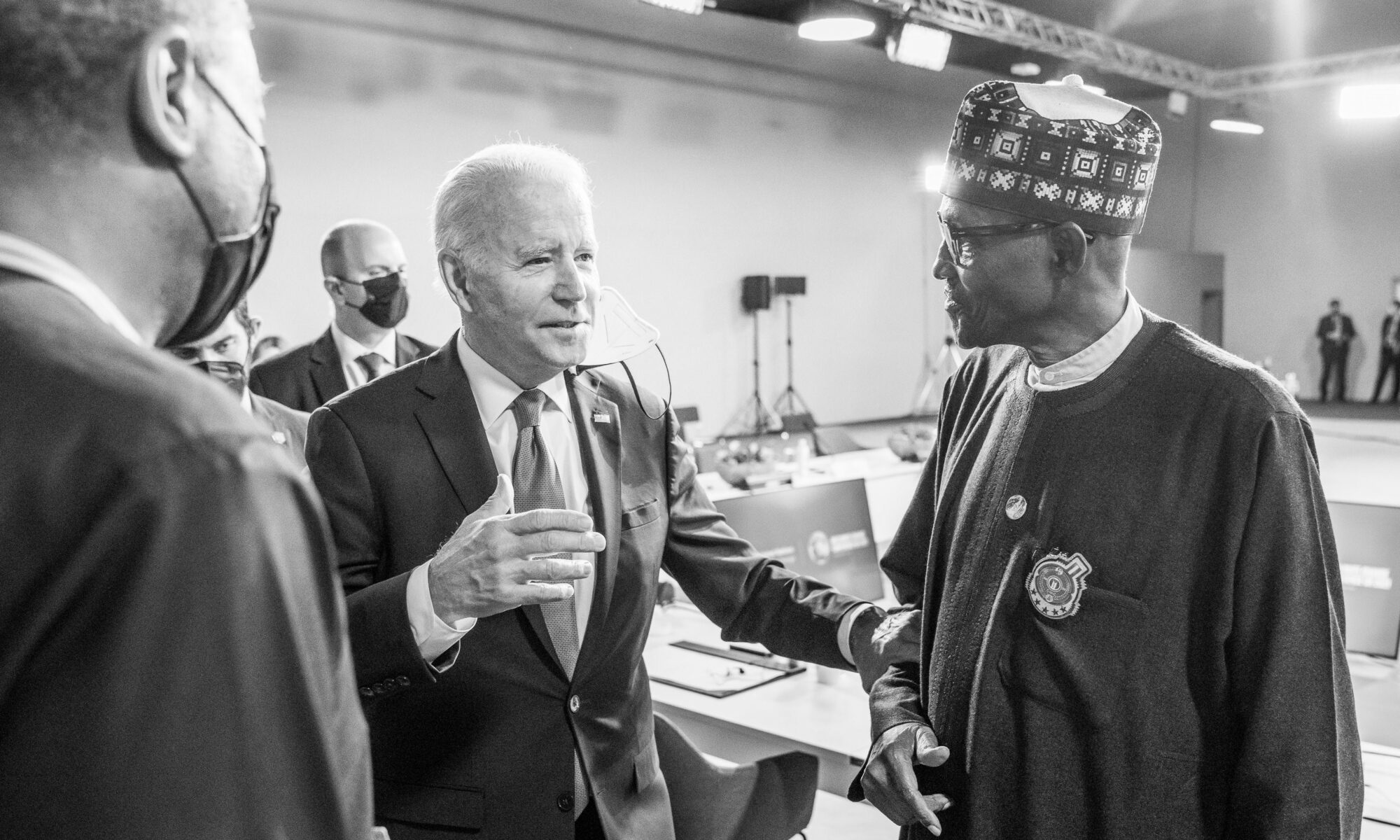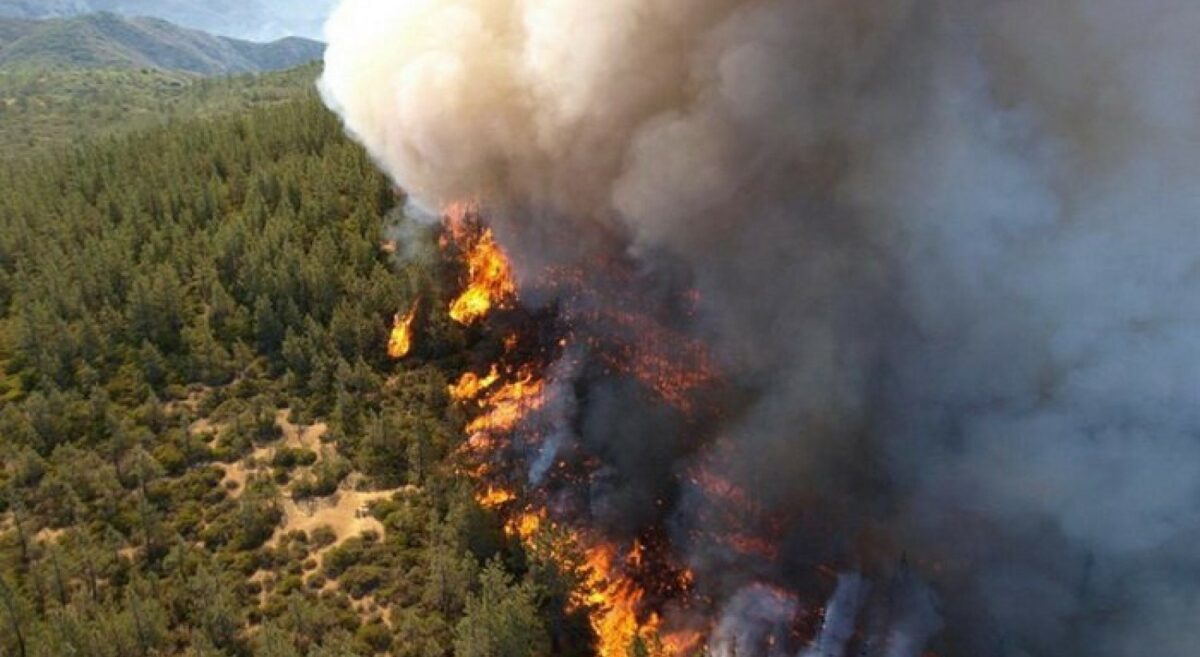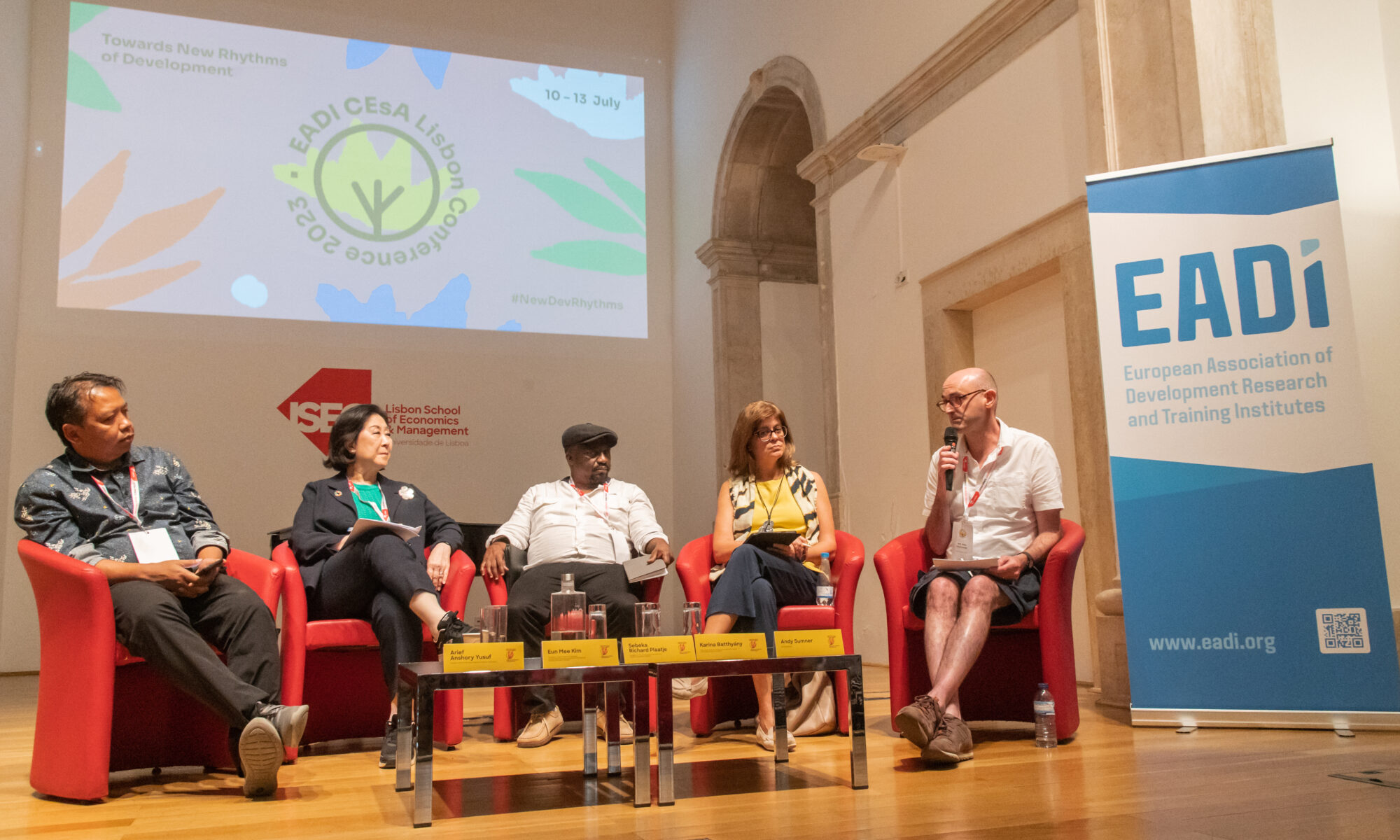By Sebeka Richard Plaatjie
Development requires human persons to exist. On this basis it is reasonable to suggest that human life or the preservation thereof, is the foremost condition for development to declare and to recognize itself. Basic physiological needs for the survival of human beings such as food, water, clothing, and health care as suggested by Maslow must therefore be met. Beyond preservation of human life, which is also recognized by the United Nations, development merely functions an ideology, as proven aptly by standpoint theory. Standpoint theory postulates that human beings speak, read, and make sense of the world from the geo-political and body-political location of the subject who speaks.
Continue reading “The Crisis of Development and Development Studies and Possibilities for Transformation”




